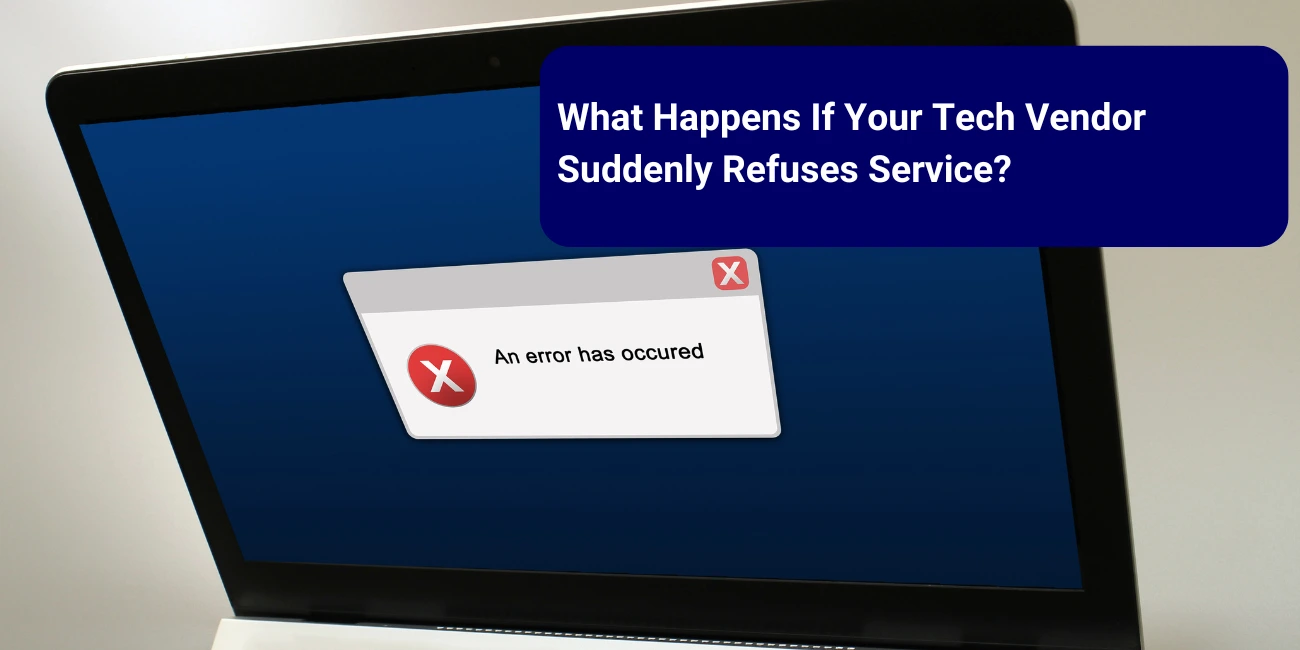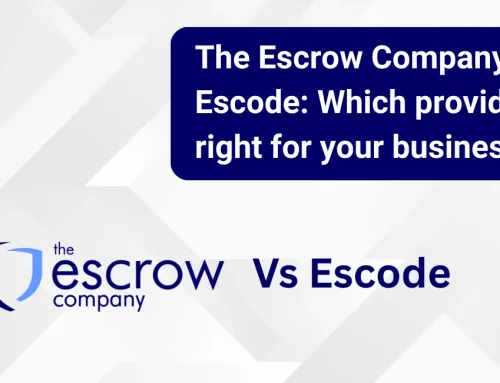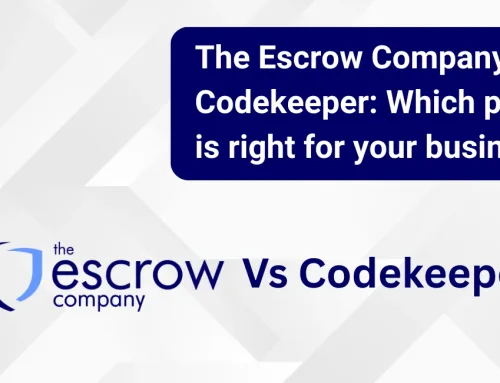What Happens If Your Tech Vendor Suddenly Refuses Service?
In July 2025, Microsoft abruptly suspended all services for Nayara Energy – one of India’s largest refiners. Overnight, access to email, Teams, and critical business data was gone. Although services were later restored, the incident was a stark reminder of how quickly operations can be paralysed when a third-party provider suddenly refuses service.
If your organisation relies on a SaaS platform or licensed software for core operations, the same could happen to you. This isn’t just about bankruptcy. Regulatory action, contractual disputes, sanctions, or sudden business decisions to refuse service can all leave you locked out without warning.
How Real Is the Risk of a Tech Vendor Shutdown?
Even the largest, most stable providers can suspend or refuse service unexpectedly. You might have an active contract, invoices paid, and long-standing relationships, but none of that guarantees uninterrupted access.
This risk applies to all sectors. Manufacturing, retail, finance, healthcare, logistic – none are immune. In fact, any business that relies on specialist software can suffer severe operational, financial, and reputational damage if service is withdrawn without a backup plan.
How Does Software Escrow or SaaS Escrow Protect My Company if My Tech Vendor Refuses Service?
Software Escrow secures source code, documentation, and other critical digital assets with a trusted software escrow agent like The Escrow Company. If a predefined “release event” occurs, such as insolvency, withdrawal of service, or breach of contract, the escrowed assets are released so you can continue running the software independently.
The Escrow Company also performs a file integrity test as part of the source code escrow deposit to ensure the files are accessible – a benefit that is included free of charge at every service level (except ‘Express Self-Service Software Escrow’)
SaaS Escrow goes further. Providing continuity of service for AWS, Microsoft Azure, Google Cloud, and other cloud hosted software, it can secure all of the cloud assets required to access the existing cloud environment if still operational, or to rebuild and deploy the SaaS application, including:
- Source code from the developer’s git repos
- Deployment scripts (Infrastructure as Code) such as Terraform or CloudFormation
- Containers
- Virtual Machine images
- Database backups
With either arrangement, you gain:
- Operational control even if your vendor can’t deliver or refuses service
- Clarity in continuity: The requirements for deposit and speed of release of the assets are all clearly defined and negotiated upon in the agreement
- Compliance support for sectors with strict continuity requirements
- A clear migration path to an alternative host or in-house team
What Should I Include in a Software or SaaS Escrow Agreement?
A robust software escrow or SaaS escrow arrangement should cover:
- All essential assets: source code, documentation, configuration files, deployment scripts, database exports, and credentials
- Clearly defined release conditions: insolvency, acquisition, withdrawal of service, or failure to meet obligations
- Verification services: While simply placing materials into a software or SaaS escrow provides an important safety net, the real assurance comes from knowing your recovery plan will actually work if your tech vendor ever refuses service. That’s where verification services add significant value. By testing and validating the software or SaaS escrow materials, you can be confident in your business continuity plan and your software can be restored and utilised successfully. The Escrow Company provides a full range of verification options alongside its trusted Software Escrow and SaaS Escrow services. These include build verifications, where a technical consultant oversees the solution being built from deposited source materials – confirming dependencies and compilation processes. There are also other options such as our Managed SaaS Continuity Service, which simulates a real release scenario and independent redeployment to a cloud environment. This ensures deployment scripts (such as CloudFormation or Terraform) can recreate the application in a clean cloud environment independent of the vendor. Clients can also choose to perform smoke testing on the replicated solution
- A practical handover process so your team can act immediately when needed
Why is Software Escrow an Essential Part of Continuity Planning Today?
The Microsoft–Nayara incident proves that even global tech giants can disrupt customers, refusing service with little notice. In today’s digital-first economy, losing access to mission-critical software isn’t a remote possibility, it’s a real operational risk.
Software Escrow and SaaS Escrow are not about distrust, they’re about ensuring your business is prepared to keep moving, no matter what happens to your technology provider.
Don’t wait for a service outage to expose your business to unnecessary risk.
Talk to The Escrow Company today to put a robust Software Escrow or SaaS Escrow agreement in place, so you can protect your operations, your data, and your reputation.
Frequently Asked Questions
Software Escrow involves depositing source code and supporting documentation for on-premise software applications or firmware and securing it in trust. This can work for SaaS solutions too, but SaaS Escrow usually also includes elements needed to redeploy a cloud environment to run the solution, including environment configurations, scripts, containers, images, data and where relevant the credentials to the existing production cloud environment There are also managed options to assist with the recovery and cloud deployment processes and ongoing management.
Yes. Size and reputation don’t prevent sudden service suspension or product withdrawal.
Verification is the independent testing of the source code and deposit materials to ensure that it can be built and deployed into a working version of the software.
No. Any business that depends on third-party software for critical operations can benefit.








